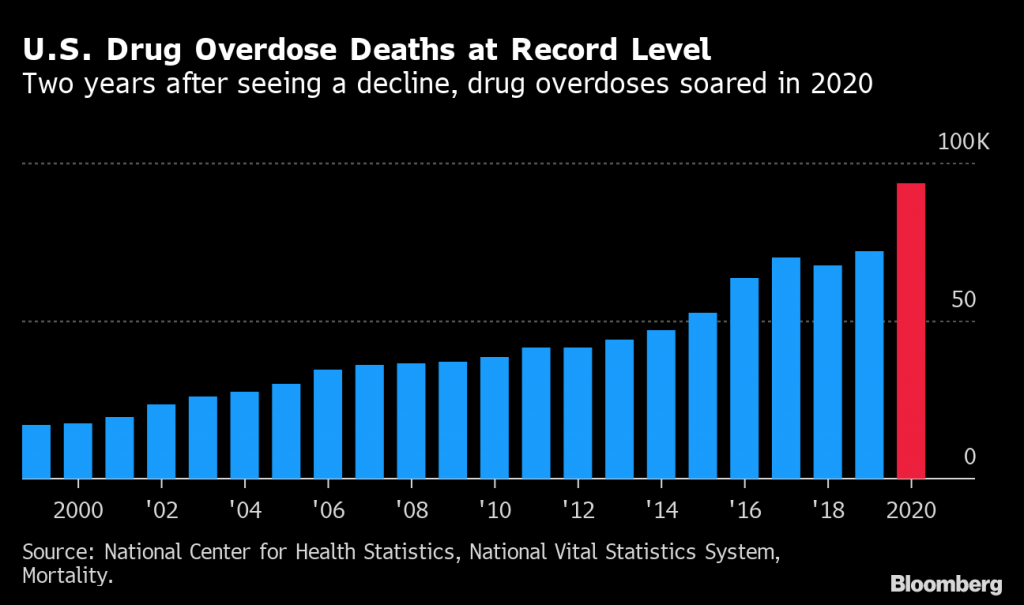
Frustrated by continually rising drug overdose statistics, the state of California recently proposed a radical solution strategy: paying victims of addiction to stay sober.
In 2020, the CDC reported that drug overdose deaths spiked by 29.7%, reaching the highest number ever recorded in a 12-month span – more than 93,000 deaths. The payment program would use tax dollars to pay people a small incentives for every negative drug test they provide over a certain period of time. Those who complete the treatment without failing any of these tests can earn a substantial reward, which would typically be in the form of a gift card.

This contingency management strategy based on an immediate reward incentive is not a recent concept; in fact, the federal government has been implementing similar strategies for a number of years to assist military veterans recovering from addiction. Research has shown contingency management to be effective in the treatment of stimulant addiction, such as cocaine and methamphetamine – for which there is currently no medical treatment available – as well as alcohol, opioids, marijuana and nicotine.
SunriseHouse.com, a leading provider of addiction treatments, polled 3,757 respondents to gauge their thoughts on implementing a similar monetary incentive-based strategy in their own state. It was found that 34% of Hoosiers said they would support a recovery program that proposed using tax dollars to pay addicts to stay sober. Furthermore, the average monetary amount Hoosiers think would be a fair payment to complete the program is $306 (compared to a national average of $579).
Some Hoosiers support the idea of paying addicts $306 to stay sober, while the other half think the incentives should be an outright payment. Other States provided their thoughts on the idea, that was accumulated into an Infographic showing the results.

Alaskans seem to be most supportive of this incentive-based strategy to help their residents recovering from addiction by determining a payment of $1,467. On the other hand, Mississippians think $237 is a sufficient payment.
If this kind of contingency management plan is introduced on more widely, the survey results found that nearly half (49%) of respondents think the incentives should be an outright cash payment so that participants get their money in a lump sum. While criticism of contingency management plans includes the presumed expensive cost of implementation, research shows that an average cost of $200 per month can drastically improve the outcome of the treatment. When considered on a larger scale, it could have the potential to decrease other costs associated with addiction, such as medical costs to tax payers.
While research shows that rewarded behaviors are more likely to continue with increased frequency, intensity and duration, recovery from addiction also requires additional forms of support. More than three-quarters (83%) of respondents think that if such a plan is implemented in their state, it should be accompanied by professional counselling as well.



